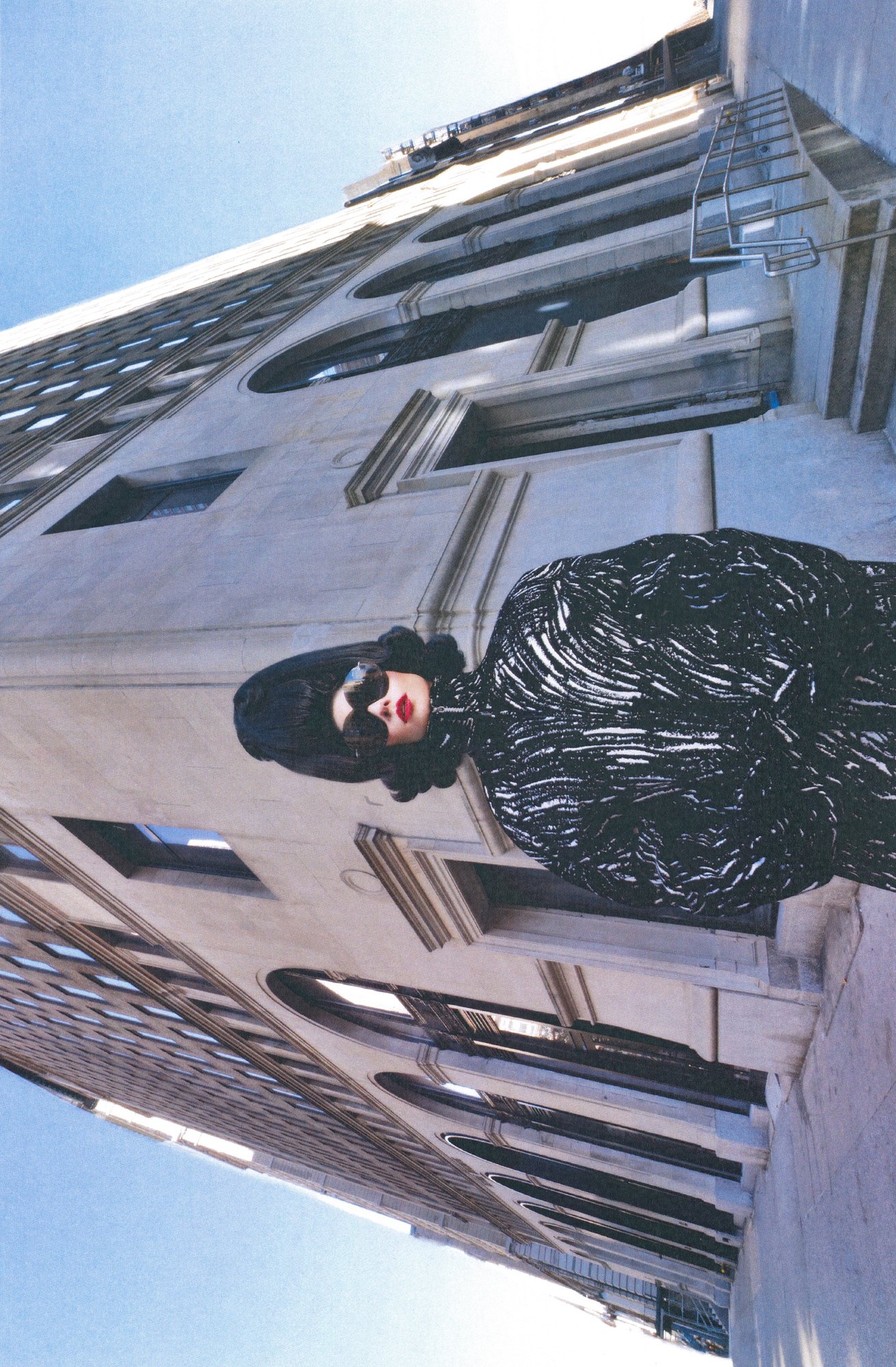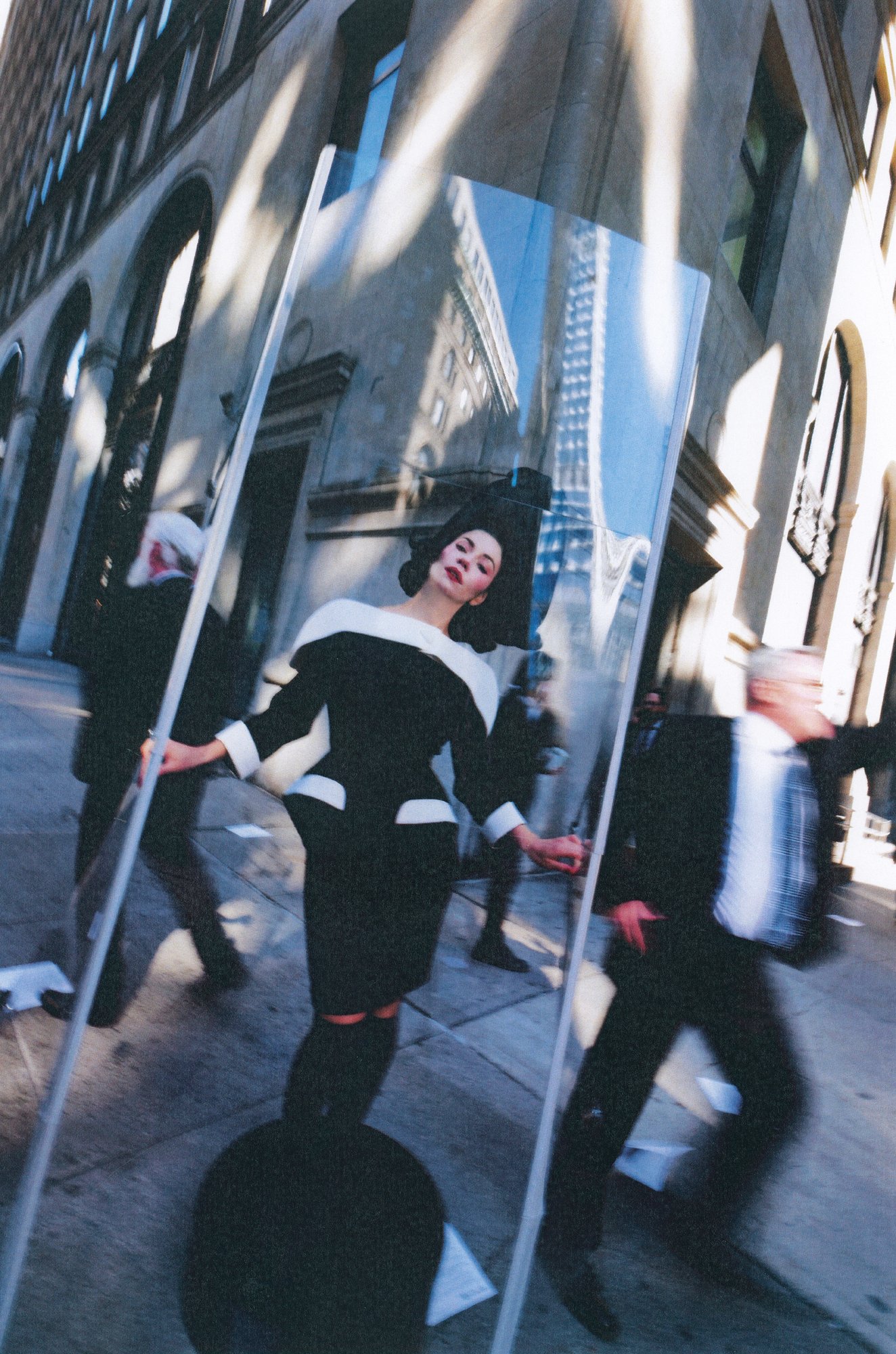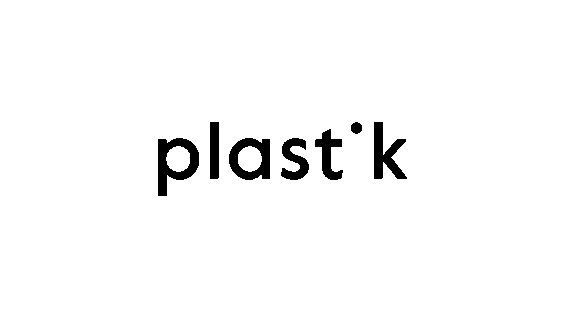marina: the girl who ate the world!
cover story by eli rezkallah and amber asaly
produced by plastik studios
MARINA IN CONVERSATION WITH SAINT HOAX:
oscar wilde once said, “all bad poetry springs from genuine feeling. to be natural is to be obvious, and to be obvious is to be inartistic.” we beg to differ, oscar, because marina and her poetry are haute art and we have the receipts.
saint hoax sat down with marina in new york and had an old-fashioned gabfest about poetry, music, and the different ways we thrive in what sometimes feels like dismal times. this is fan nonfiction at its very best, and like her previous diamonds, marina’s facets shine bright and glimmer with a promise of love, love, and more love.
SH: first of all, i want to start by asking, how are you?
MD: not bad, considering a convicted felon just won the election.
SH: when i was first introduced to your world, you were marina and the diamonds. today, you are just marina. what happened to the diamonds?
MD: my sense of self was beginning to feel restricted. up to that point, my entire life had been devoted to ‘marina and the diamonds’ as an artist, visual persona and on stage performer. i needed some breathing room to fill in the underdeveloped gaps in my personality. at the time, changing my artist name felt like the only way i could do that. i think it was a desire to integrate my natural self with my public self. in retrospect, it was the right move, as i have no internal conflict anymore flitting between my work self and personal self. i am able to feel authentic in most settings.
SH: your debut album, the family jewels, opens with the existential question, ‘are you satisfied?’, and carries with this sense of urgency to succeed at any cost. even if it meant sacrificing friendships, love, and the personal well-being of 25-year-old marina. now that you’ve achieved much of what you once sought, was it worth it?
MD: i wrote that song at 22! it was urgent because the window to achieve what i wanted was small, and timing was crucial. not many people get the opportunity to succeed in the arts. so, the stakes felt very high for me.
my next record is very playful and has a character-led concept, but not in the same way as electra heart. i found it weighty to have to commit to character for 2 years, and that’s not where i’m at now. this next era is very fun. it has a special energy.
yes, it was absolutely worth every sacrifice. this is my life, path and the fulfillment i get from being able to live my life as an artist every day is just huge. i will say, i’m a lot more mellow now. i have a very healthy work ethic, and i learned to adjust my habits the hard way. i love a slower pace of life, but as soon as inspiration hits, i’m on a rocket and ready to do whatever i need to do to make my ideas a reality.
SH: for your sophomore album, you created an alter ego, electra heart, where you explored various archetypes assigned to women by society and media. but more importantly, through her, you gave yourself the freedom to release an unapologetically bubblegum pop record. you later ‘killed’ electra with sleeping pills—rip queen. given the commercial success of that project, would you ever consider bringing another alter ego to life to explore a new genre?
MD: rip queen! electra heart was the original villain era. maybe. this next record is very playful and has a character-led concept, but not in the same way as electra heart. i found it weighty to have to commit to character for 2 years, and that’s not where i’m at now. i like freedom and experimentation. this next era is very fun. it has a special energy.




SH: your first two albums were deeply introspective and centered around identity. then, with froot, i noticed a significant shift, where you began to look outward, reflecting on the state of the world. this was especially evident in “savages”, where you sing: “another day, another tale of rape. another ticking bomb to bury deep and detonate. i’m not the only one who finds it hard to understand. i'm not afraid of god, i am afraid of man.” what happened during the froot era that radicalized you?
MD: i think my ego got smaller. i think that happens to most of us as we mature! the previous albums were sourced from my internal social commentary, so they were political in their own way. but the focus was on pop culture and our notions of femininity at the time. i think with froot, releasing my grip on my ambitions and dreams opened up space for me to start to look outward. i was in a very mentally healthy place. taking very good care of myself. meditation, exercise, nutrition etc. was a daily practice, and it was a really good time in my life.
SH: love + fear revealed more of your humanity, and eventually, all the awareness you’ve gained over the years culminated in your most politically charged album, "ancient dreams in a modern land". in this work, marina, the artist, doesn’t merely skim over heavy topics; she plunges in headfirst, explicitly calling out those who cause harm (sultan of brunei). this same commitment to change is mirrored in marina the person, who has defiantly spoken out against the world’s atrocities. what are your thoughts on artists who choose to remain apolitical in this hyper- politicized climate?
MD: i have a natural desire to bring the darker parts of the human experience to light in my lyrics, so it’s perhaps easier to express political views on my platform.
in terms of other artist’s choices, that’s really up to them. we can’t force people to care about things they don’t care about. and it’s time we start seeing people’s actions clearly.
i was very disappointed to see the lack of voices on the genocide in gaza, but that disappointment is mainly from the realization that the people we admire are sometimes not who we hoped they were. celebrity power has fallen, for sure. it’s no bad thing.




SH: you are the queen of gut-punching one-liners, with some of my favorites being “spark like empty lighters” and “i’ve been saving all my summers for you”. these words may be simple, but the way you weave them together evokes so much meaning. is there a lyric by another artist that you wish you had written?
MD: ooh. tricky! i’ve been listening to dolly parton’s “love is like a butterfly”. i love the following lyric:
"love is like a butterfly
as soft and gentle as a sigh
the multicolored moods of love
are like its satin wings"
i also love “don’t you know that no one alive can always be an angel?” from nina simone’s “dont let me be misunderstood".
i am satisfied. more than ever. it’s freeing to come back with an album that comes from a very different place within myself. now it’s about what i can offer out to others, as opposed to what i can fill myself up with. i’m drawing from a full cup.
SH: right now, you’re on a sold-out book tour promoting your poetry collection, "eat the world". as i’m also writing my first book—a meme-oir—i’d like to know what has been the most striking thing you’ve learned from your experience in the literary realm?
MD: meme-oir is perfect.
the most striking thing is probably the pace of the response. it’s not like the crazed, feverish clamor you get from fans when you release music. it’s softer, slower, and reflective. the questions are very considered and usually refer to sensitive parts of the asker’s life. i’ve really enjoyed flexing this part of my brain.
SH: “soft warning” is a beautiful ode to la’s impermanence. aside from the droughts, wildfires, and earthquakes, what are three things you dislike about living there?
MD: oh, there are so many things i love though! i like way more than i dislike, but here you go:
- the lack of hustle and bustle on high streets. sometimes you can feel like a balloon floating around the city, rarely rubbing shoulders with anyone.
- people don’t seem to dress up as much to go to bars, restaurants etc. i feel like new yorkers and londoners dress way more wildly. la is lululemon hq in the daytime.
- we have to drive to most places.
SH: in “butterflies”, one of my favorites, you write, “i laugh easily, i wish i didn’t. it comes from teetering on the edge of someone else’s desires.” as a chronic people pleaser, that poem resonated deeply with me. would you consider yourself a people pleaser as well? and when did you realize that this tendency was no longer serving you?
MD: i used to be. until 18 months ago. the moment was when i started to recover from a chronic illness i had struggled with for the last 6 years. i realized it was connected to nervous system health and noticed that my symptoms often appeared when i felt i was pushing myself past my limit for people or was worried about letting someone down.
SH: in “four seasons”, as you observe all the wholesome nuclear families lounging by the pool, you express, “i’d like to taste a slice of security.” what does security mean to you?
MD: honesty and trust. i may never have a conventional-looking family life like the people in that poem. partly because it isn’t something i ever dreamed about — freedom has always been more alluring and important to me... but i do dream of true love, true partnership, and of finding my equal.
SH: “denominator” introduced a side of you i don’t think i’ve ever seen before: marina the organization, marina the llc, marina the machine. if you didn’t have the financial pressure to sustain yourself as a business, how would your art differ?
MD: that’s interesting that it reads like that! this poem for me was more about the lack of connection i felt at that stage in my life. i’ve always been a hyper independent person — to a fault — and i was trying to connect the dots together in order to soften this part of myself.
SH: the book concludes with “eat the world” as the final poem, in which you proclaim: “malnourished by placebos of love, vitamins called success / attention / money / fame... but now i am free of what i had to sever. i am free of the hunger lighter than a feather. i am free of those men, prolific like heather. i ate the whole world and i’ll eat it forever.” it feels like, fifteen years into your career, you’ve come full circle to answer your opening question, “are you satisfied?” is it safe to say that you are?
MD: i am. more than ever. it’s freeing to come back with an album that comes from a very different place within myself. now it’s about what i can offer out to others, as opposed to what i can fill myself up with. i’m drawing from a full cup.








